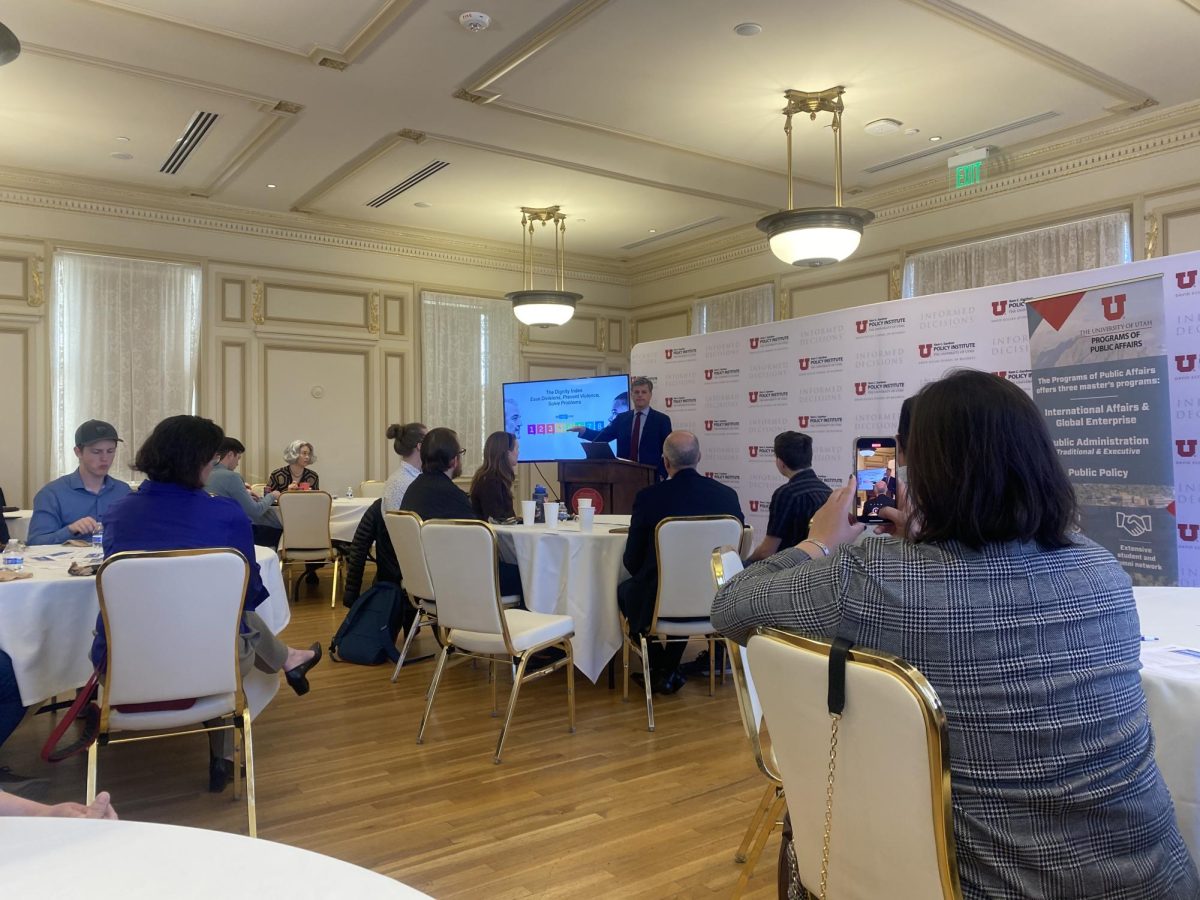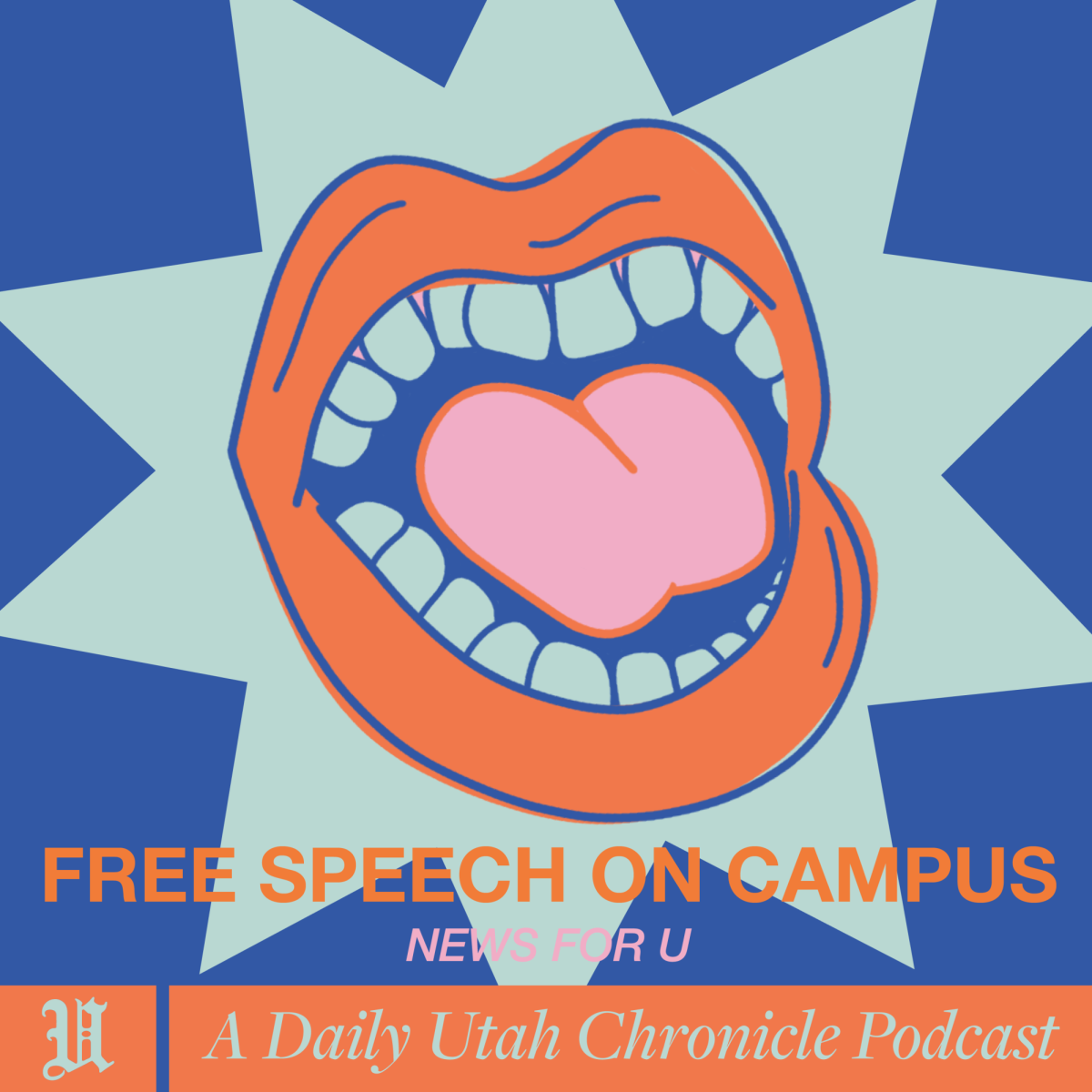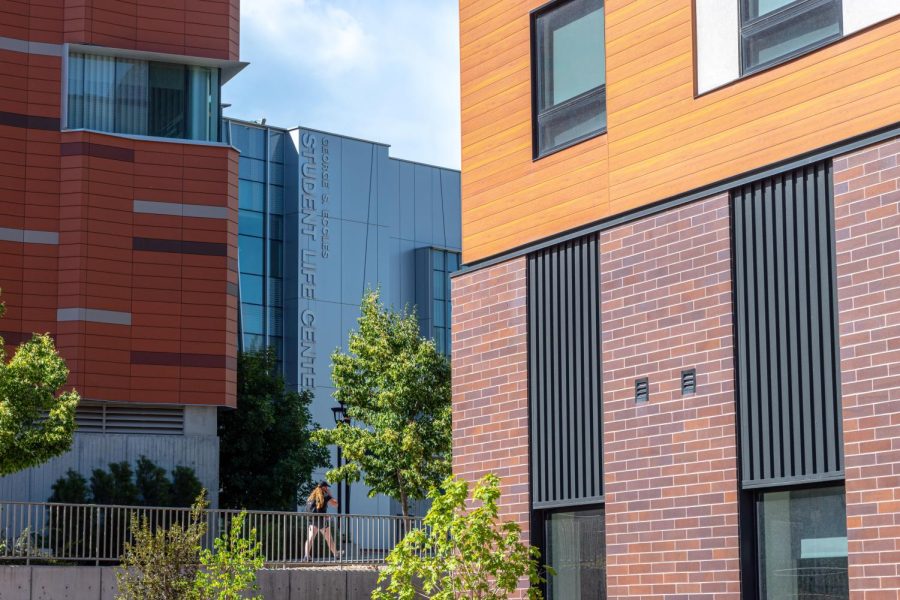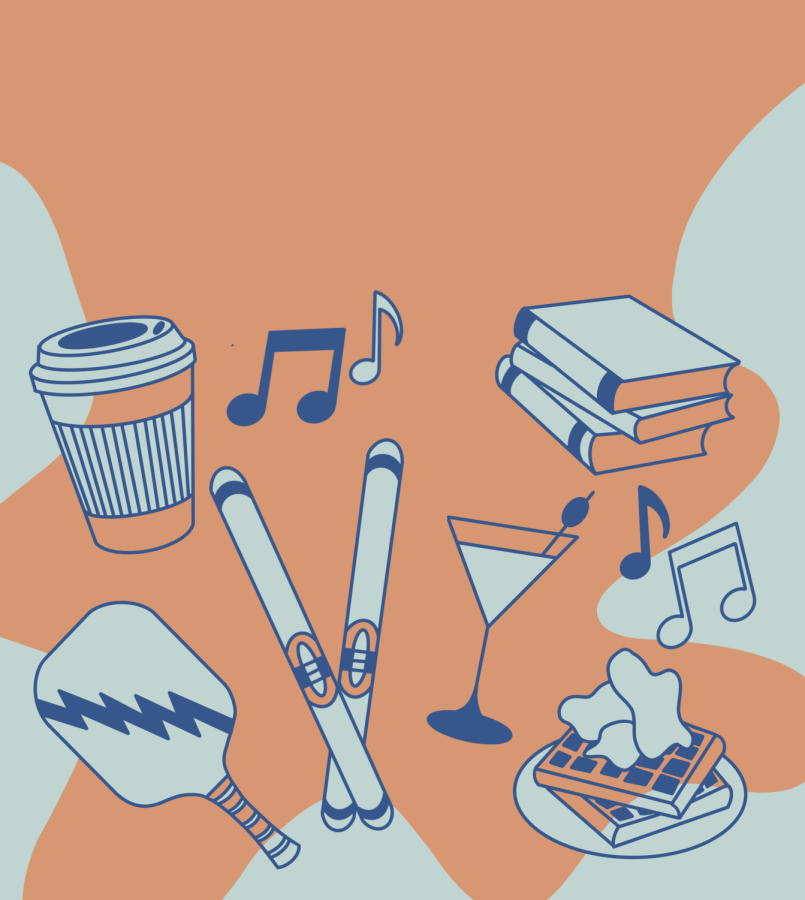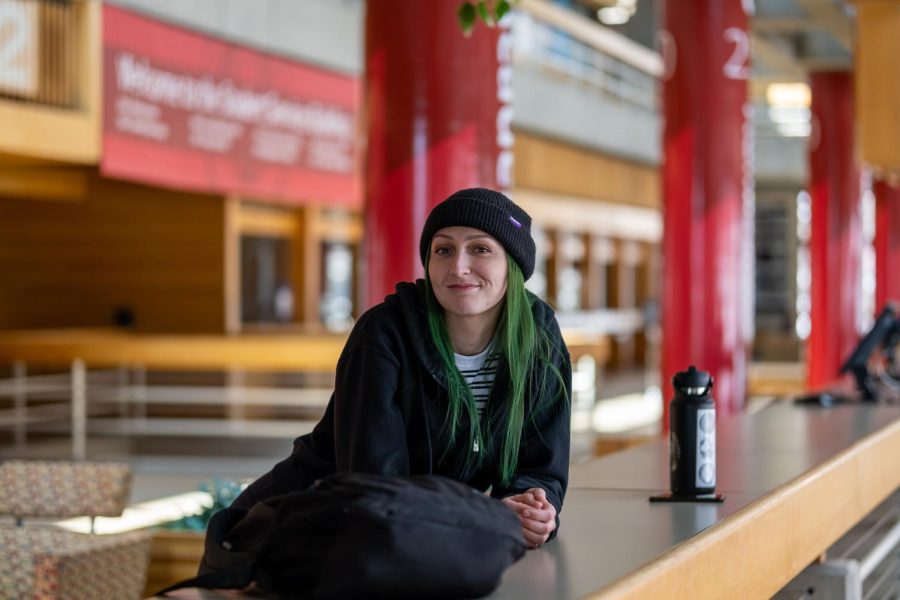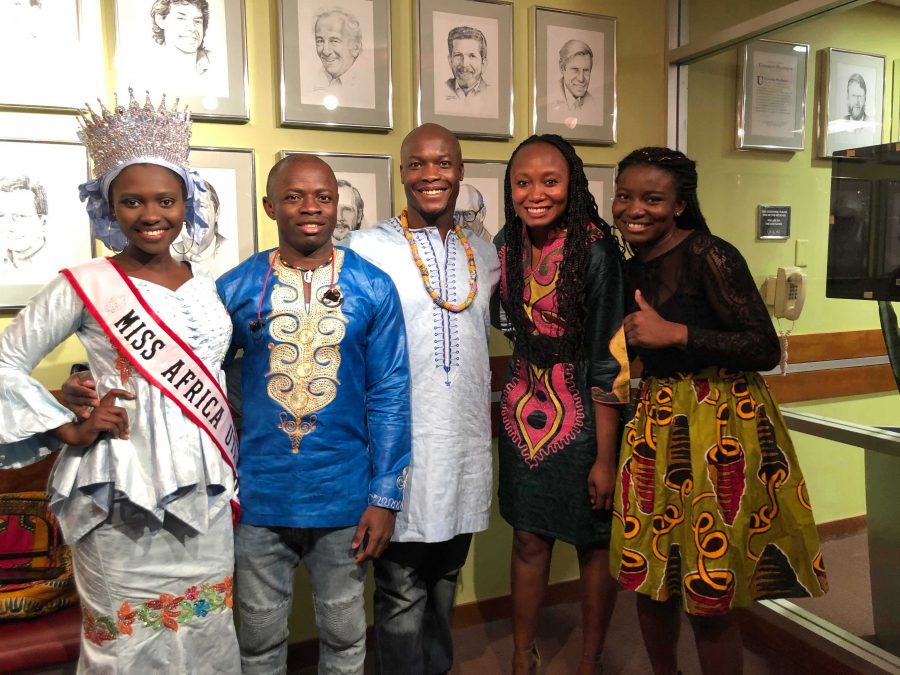On Saturday, April 13, the African Student Association at the U hosted its biggest event of the year, African Night, at the Crimson View in the Union.
According to Madelaine Lamah, a third-year finance and theatre student and a co-chair of ASA, “ASA is a returning student group for African students by African students. Our hope is to help African Students at the University of Utah find a sense of belonging and community here at the university. We hope to grow and become the go-to place for all those students in the future as they learn to adjust to or penetrate a new place, culture and community.” This was the first African Night held ever since ASA returned as a student group on campus.
Lamah, who is originally from Guinea, West Africa, said, “[African Night] is very exciting due to the fact that it celebrates not only our accomplishments this year but also our culture. It helps to remind us all of our roots and being proud of where we do come from and the differences we have in the world. Simply put, it is an event to bring us all together as sisters, brothers, cousins … to celebrate home, away from home.”
Events at African Night included poetry, dances and songs from local artists and talents. Lamah described all of these performances as “amazing,” and added that the most exciting part of the night was “meeting and connecting with members of our campus community as well as members of the local community.”
“The sense of community that was present was the most valuable part to me,” Lamah said. “The people are the most important parts.”
The guest speaker at the event was Mr. Christian Appiah-Knudsen, founder of the Do Your Why organization. Appiah-Knudsen was born in Ghana to a mother that struggled to provide for him and a father he didn’t know. From a young age, he began hunting with the men of his village to provide food for his family. His mother smuggled him into Belgium when he was 11 years old, which then lead him to spend over two years in a detention center for refugees. An American family adopted him at age 17. It was then that he attended school for the first time.
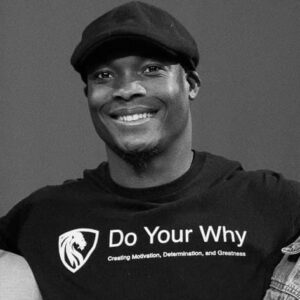
When he was 23 years old, Appiah-Knudsen was commissioned by Governor Huntsman to speak at high schools and middle schools in Utah to share his story and to inspire students to never give up. According to Lamah, “Since 2010, [Appiah-Knudsen] has given over 30 Drumming Speeches to over 50,000 people, including a keynote speech to 3,000 Iraq and Afghanistan Veterans, encouraging them as they made the transition back to civilian life in spite of injury and trauma.” Lamah said, “Christian was afraid of not succeeding in life. He accepted that he will fail but, knowing that, it would not define his future. He never gives up on his why.”
“As an African [away] from home, often times you miss the food but quite frankly, if you find the right connections, you can get the food. The unique thing about African culture is that everybody is family,” Lamah said. “Back home, everyone is family. Everyone knows everyone and everyone helps everyone. African culture is cooperative as opposed to the American individualistic way of living. We are a people of one, although colonization leading to war and greed had divided us, the root is always that we are cooperative. One always!”
ASA is for African students or anyone of African descent. Any partners who wish to help the African community at the U or in Utah are also welcome. “If you know of any African students here at the U or that will be attending soon, please send them our way,” Lamah added. “We would love to be one of the first to welcome them to their new community.” Students are encouraged to email [email protected] for more information.















